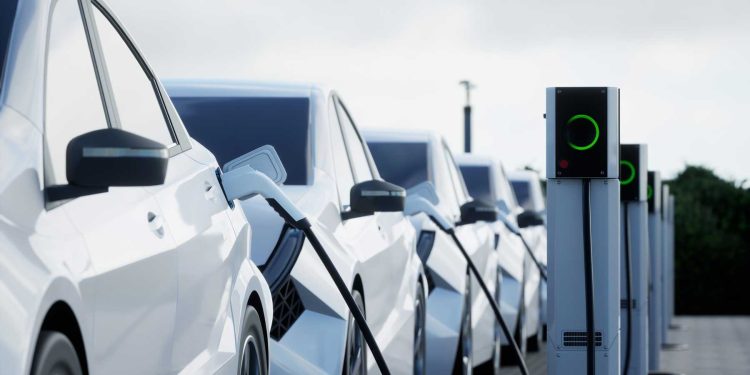Ghana Tops African Peers in Electric Vehicle Adoption with Estimated 17,000 EVs
Ghana has emerged as a continental leader in electric vehicle (EV) adoption, with an estimated 17,000 EVs currently on its roads—surpassing peers such as Morocco, South Africa, and Tanzania. The country’s progress is attributed to targeted government interventions, including import duty waivers and a notable surge in the use of electric two- and three-wheelers for commercial and personal transport.
Morocco follows closely with approximately 10,000 EVs and a network of over 400 public charging stations. The North African country benefits from a well-developed EV export sector and significant investment in charging infrastructure. South Africa, despite having a larger automotive industry, lags with about 6,000 EVs, although recent policy reforms—including the removal of import duties and installation of charging stations—are expected to bolster adoption.
East African countries are also making notable strides. Tanzania has seen a sharp rise in electric bikes and tuk-tuks, bringing its EV count to about 5,000. Ethiopia, leveraging its abundant hydropower resources, is estimated to have between 5,000 and 7,000 EVs. The country is actively incentivizing EV uptake through tax reliefs and a supportive regulatory framework.
The continent’s growing interest in EVs is further evidenced by the wave of national EV policies set to be implemented by early 2025 in over a dozen countries. These policies typically incorporate tax incentives on imports, tariff reductions on EV components, and government-led pilot projects aimed at integrating EVs into public transport systems.
Additionally, several countries are pursuing legislation to gradually phase out internal combustion engine vehicles while supporting local EV manufacturing through subsidies and strategic partnerships.
Analysts say the increasing uptake of EVs offers a timely solution to Africa’s urban transportation challenges—mitigating the impact of high fuel prices and contributing to reduced emissions. With continued investment, regulatory support, and infrastructure development, electric mobility is poised to redefine the future of transportation across the continent.








